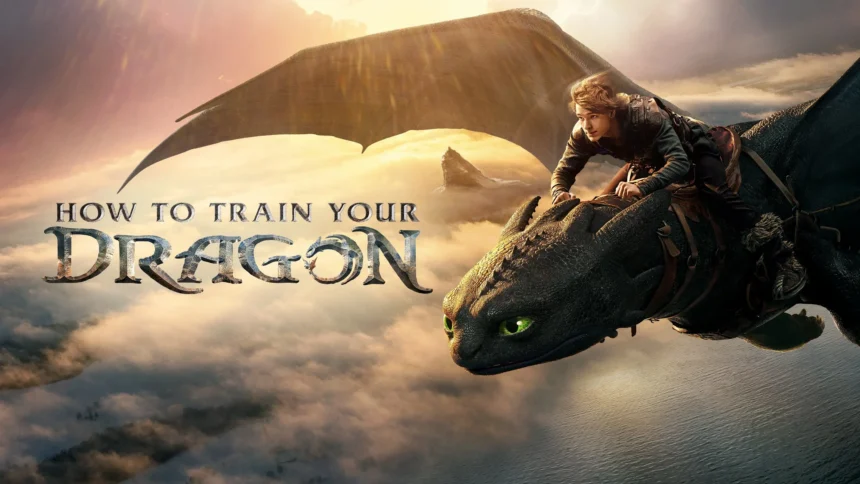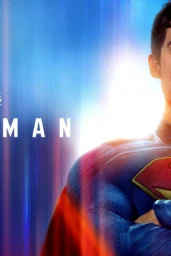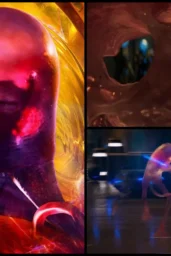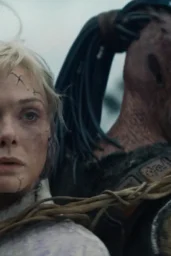Theatrical windows are starting to feel like bedtime stories — comforting, familiar, and completely fictional.
DreamWorks’ How to Train Your Dragon just crossed $500 million globally. It’s ranked third at the domestic box office. Families are still buying popcorn. And yet—on July 15, a mere 31 days after release, it’ll be available on digital platforms.
This is where the studio exec leans in and says, “It’s the new normal.” But let’s be honest: it’s a bait-and-switch.
Remember the handshake deal? Back in early 2024, three major studios—names whispered in boardrooms, not shouted in headlines—agreed in principle to reinstate the 45-day theatrical window. It was supposed to be a course correction. A mea culpa to exhibitors. A fragile truce.
But less than a year later, we’re watching it collapse in real time. First came Black Bag, Steven Soderbergh’s thriller that hit digital after just 17 days. Then Wicked, still raking in box office cash, was rushed to VOD in 30. Now Dragon, riding strong, is pulled early from flight.
Call it what it is: studio sleight-of-hand.
The logic isn’t hard to follow. In theaters, studios split profits 50/50 with exhibitors. On digital, they keep nearly everything. Why share the pie when you can eat the whole thing?
But there’s something insidious about the way this shift is dressed up in corporate-speak. “Hybrid models.” “Consumer access.” “Window flexibility.” As if convenience was the culprit — not short-term greed in long-term disguise.
Back in January, Quentin Tarantino lit the fuse in an interview that still echoes like a warning shot:
“What the f— is a movie now?” he asked. “Something that plays in theaters for a token release for four f—in’ weeks, and by the second week you can watch it on television?”
It wasn’t a rant. It was mourning.
Because this isn’t just about one dragon-sized franchise. It’s about the slow-motion death of a promise — the idea that theaters are sacred ground, that stories deserve space to breathe in the dark, among strangers.
Theaters aren’t dead. Not yet. But their value is being quietly diluted. Their role in the ecosystem, minimized. You can feel it — in the rush to digital, in the way studios backpedal on public commitments, in the silence that follows strong box office numbers when the digital date is already locked.
And maybe that’s what stings most: this one could’ve waited. How to Train Your Dragon had legs. Families were showing up. The film had repeat potential. But someone crunched the numbers and decided four weeks was enough. Enough profit. Enough patience.
So here we are, again, mourning in miniature. One more chip off the theatrical dream.
Is this just where we’re headed? A world where even box office hits can’t buy time? Where promises evaporate faster than the credits roll?
Or maybe this is just another kind of training. Teaching audiences — and filmmakers — not to expect permanence. Not to believe in windows that only exist on paper.










